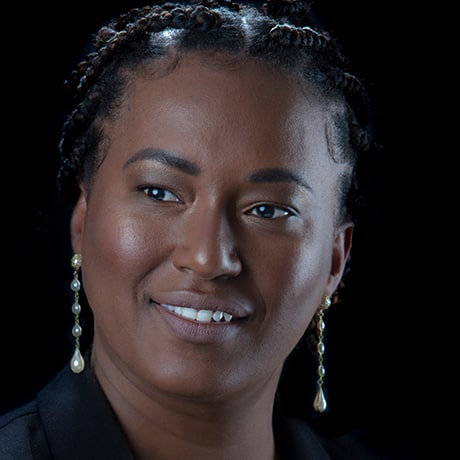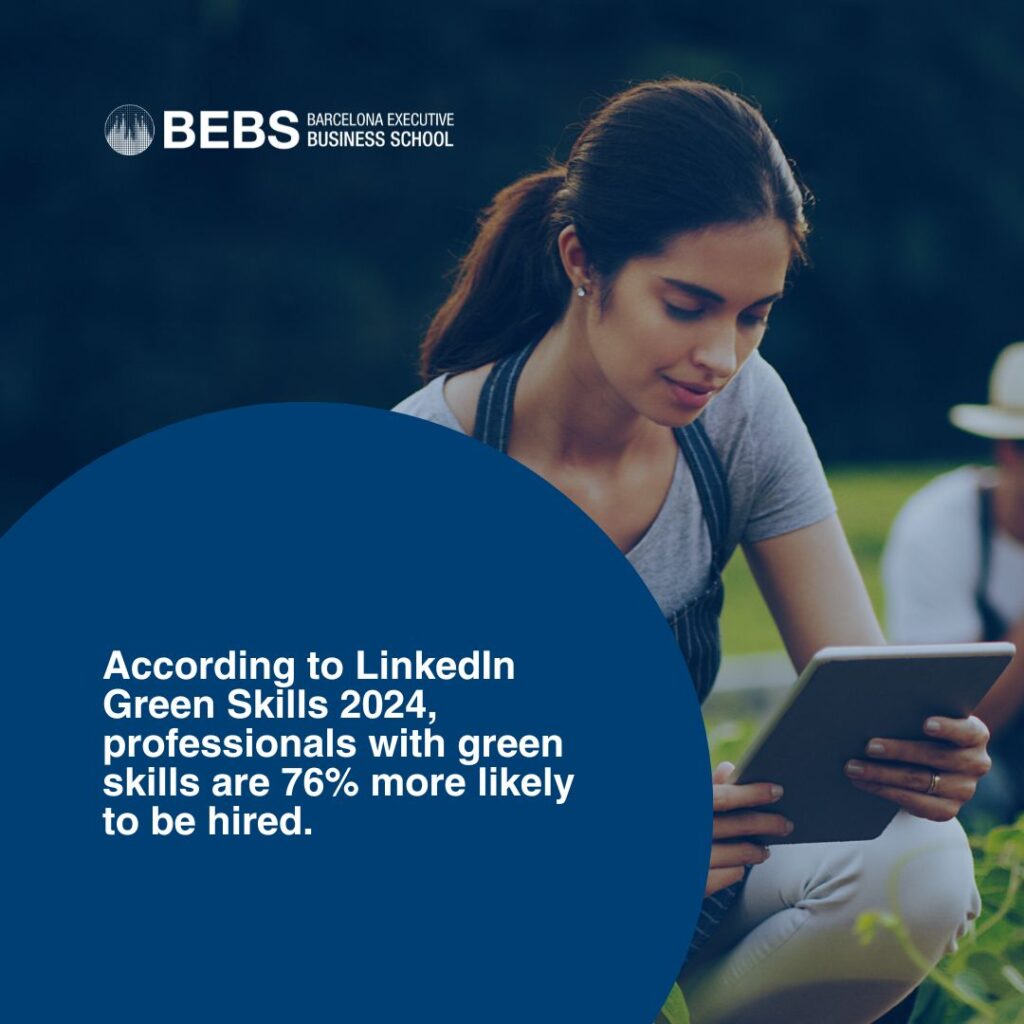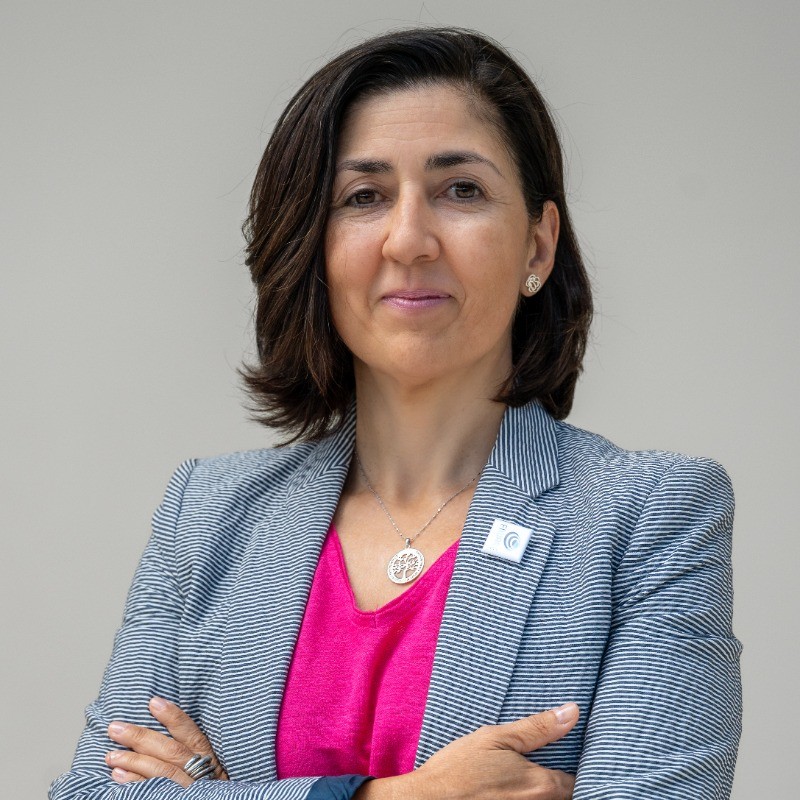At BEBS Barcelona Executive Business School, we often talk about the importance of innovation in business. The key is to understand how companies can adapt and thrive in modern times.
Pakito Angola: Business Innovation for Sustainable Development
Yara Lopes, one of our students of the Master in International Business Innovation, is already on the right path. In 2019, she founded Pakito Angola to transform the tourism and service industry. Her goal is to reduce consumption of single-use products by adhering to sustainable options to reduce plastic pollution.
When asked about her motivation to run a green business, she says: “When I started Pakito Angola back in 2019, I was furious by the amount of plastic waste that was growing on the coastline. That was not only disgusting and ugly, but extremely endangering to the environment and our food source. I wanted to do something about it, in a way that could be impactful today and for the future.”
Indeed she was right. With an estimated 9 million tons of plastic waste entering the oceans each year, saving our planet should be the major concern of companies. Additionally, the demand for businesses with a social impact has soared in the last years, as Millennials and Gen Z put particular emphasis on purchasing and working in organizations with ethical principles.
For Yara Lopes, sustainability goes beyond being eco-friendly and aims at having a long-lasting positive impact on society. As she pointed out: “At Pakito Angola, we have a program to support women entrepreneurs. We are also proud to have a set of principles that determine the way we do business. We are committed to adhering to the UN #12 Goal Responsible consumption: this goal aims to foster eco-friendly production, reduce waste and boost recycling.”
Business Innovation in Africa
Sustainability and attention to social impact are per se what consumers want, but Yara Lopes went even further with her entrepreneurial project. She clearly thought about the main challenges and opportunities of running an entrepreneurial project in Africa. As she said:
“Africa depends largely on the importation of finished goods and, although more than half of the Earth’s arable land – roughly 600 million hectares – is located in Africa, we rely largely on importation of food. I realized that there was an opportunity that could offer a solution to two problems:
1. Supply the local market with sustainable packaging thus ensuring that the ultimate impact to the environment is minimum;
2. Support and promote small entrepreneurs, by helping them place their products to consumers using eco-friendly packaging, making their product more attractive and differentiated.”
When asked about her decision to run an entrepreneurial project in Angola, she told BEBS: “Angola has the third-fastest population growth in the continent, it is a place with great potential and opportunities in every sector. With Pakito Angola, I aim to become the largest distributor of eco packaging products to enable businesses placing their products and brands into the market.”
Main Challenges of Running a Business
Running these kinds of projects is rewarding behind imagination. However, as every entrepreneur knows, it is not always easy to run a business. In particular, her main problem is finding the right balance between the demand of the business and her personal life. She also stressed the importance of adapting to constant changes and remain relevant in today’s competitive environment. Finally, she does her best to managing employees, identifying gaps in their skills through open communication and address performance problems.
Once again, Yara Lopes has proved she doesn’t fear challenges, but she embraces them. She is currently pursuing an online Master in International Business Innovation at BEBS to help her become a better entrepreneur.
She is particularly appreciating learning more about design thinking, knowledge management and business model design, as it help her to be prepared to effectively articulate, implement and manage innovative processes and initiatives.
Moreover, she enjoys being part of an international network of students and learning from professors with practical experience. In her words “I am exposed to other perspectives. We are a pool of students with different backgrounds, professionals and entrepreneurs from all over the world. It’s quite suggestive and really transformative, as we learn from each other’s experiences. I also love that the professors have practical experience as they are or were involved in business themselves.”



